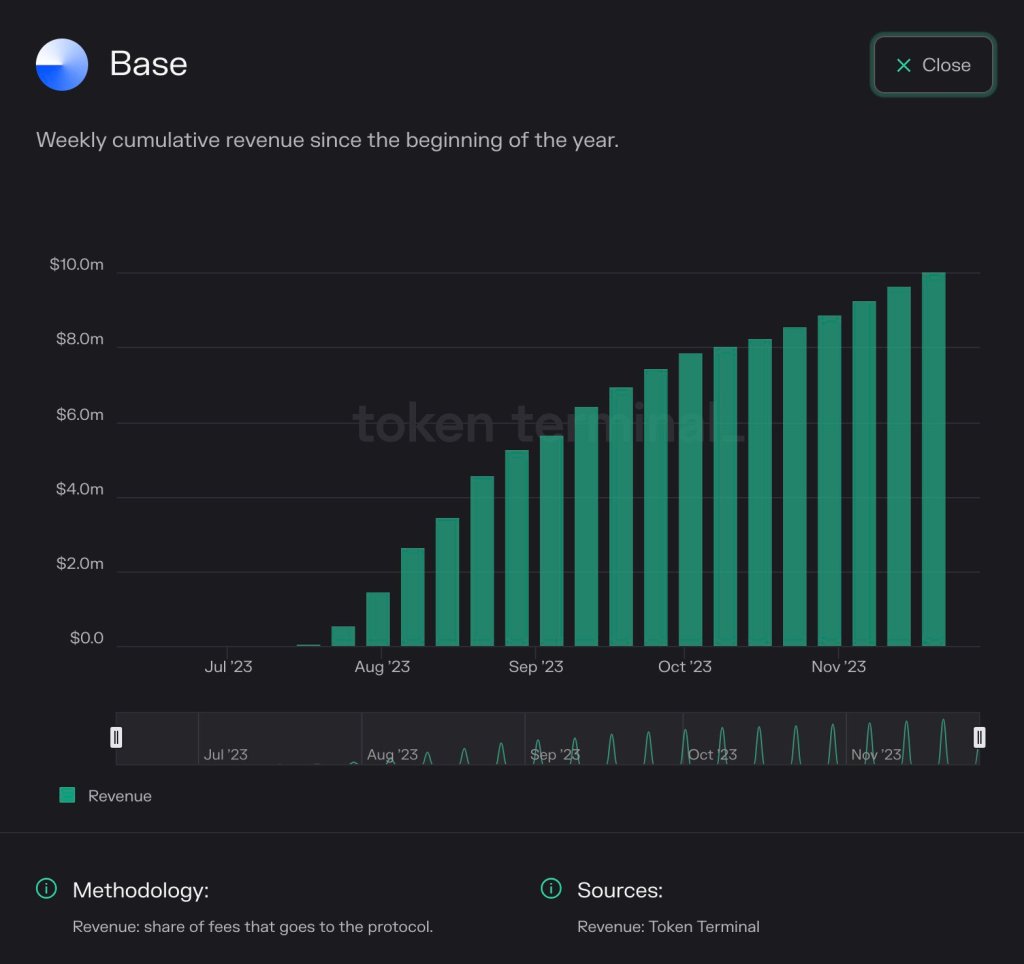
2018-9-21 16:54 |
The other day I bought my first ice cream with crypto. After scanning the shop’s QR code, I set a modest fee and made small talk with the attendant while we waited for the transaction to be mined into a block. As we discussed weather, movies, Trump, and philosophy, the line grew several times larger. Then the transaction cleared, and I asked for a napkin to clean the melted mess.
The ability to match Visa or MasterCard has become something of a White Whale for cryptocurrency developers, and the leading blockchains are still only able to handle a handful of transactions per second.
Just as evolution had to reinvent wings and eyes several times, crypto developers are exploring very different solutions to the same problem. While it’s not yet possible to reach Visa’s 24,000 tx/s, here’s how some cryptocurrencies are trying to catch up:
Create a New CoinIf you’re trying to improve on crypto, your first idea is probably to start over. Many new currencies are designed to supplant Bitcoin altogether: that’s the main motivation behind XRP, Nano, and other alts, perhaps as far back as Litecoin.
The trouble is that, while it’s easy to conceive a better coin, getting people to switch is a different story. Network benefits only exist if your currency already has users, and casual users are less likely to trust their savings to an untrusted technology. Consequently, even though Nano, NEO, IOTA and other altcoins have huge theoretical advantages over the big leagues, they still measure their regular users on their fingers.
Speed: Several proof-of-stake (PoS) cryptocurrencies boast speeds in the order of tens of thousands of transactions per second.
Bitcoin: The Lightning NetworkThe best-known scaling solution so far is the Lightning Network, a still-experimental protocol to improve Bitcoins’ speed and performance. There are already a hundred stores accepting Lightning payments, with proposed implementations on Litecoin and Stellar as well.
Put simply, the Lightning Network is a secondary network with no blockchain. Participants exchange signed IOU’s for on-chain bitcoins, but they are only executed when someone cashes out. Since there’s no mining or proof-of-work, the Network can conceivably reach a million transactions per second.
However, there are still quite a few catches that make Lightning impractical for anything larger than microtransactions, at least for the present. Funding channels are not secure, and users are advised against putting serious money into them. There also plenty of Lightning bugs. It’s complicated enough for developers, and rather less intuitive than digital cash.
Speed: “Millions or billions of transactions/second” with payment speed “measured in milliseconds to seconds.”
Bitcoin Cash: 0-Conf TransactionsOn the other prong of the fork, the Bitcoin Cash solution is simpler and less elegant than the Lightning Network, but at least it works. Sort of.
The alternative vision is to make transactions so cheap that all of them will make it onto the blockchain. Since the BCH chain has more room than BTC, and fewer transactions, it’s a fair bet that every attempt at payment will find space on a block, at least for the foreseeable future.
The downside is that 0-conf means exactly what it sounds like: trusting that every unconfirmed transaction will succeed. There have already been several instances of double spends, although it seems hard to pull off consistently. That may be a comfort to Roger Ver, but it probably won’t fly at Ben & Jerry’s.
Speed: Recent stress tests have clocked BCH at 2.1 million transactions per day–which sounds impressive, but only works out to 23 tx/sec. With 32 MB blocks, the network could probably handle ten times that number. 0-conf transactions are considered “clear” as soon as they reach the mempool, typically in less than a second.
Ethereum: Plasma/ShardingAlthough Ethereum has a huge network, all 25,000 nodes are performing the exact same computations. Besides literally wasting tons of resources, the process also limits Ethereum’s computational power: the “World Computer” is actually closer to a World Pocket Calculator.
There are several adaptations to improve throughput in the second largest blockchain, by trustlessly distributing the math among subsets of the network. Sharding is a system of dividing computation work into smaller pieces, each to be verified by a different set of nodes.
Another is Plasma, perhaps named in apposition to Lightning. Plasma is a hypothetical set of smart contracts that divide the main blockchain into a web of child chains, each still connected with the parent.
Although Plasma is very far in the future, sharding has been successfully implemented in Zilliqa, and is likely to be implemented in Ethereum as it upgrades to Casper.
Speed: Sharding is expected to put Ethereum in the order of 1 million tx/sec, although individual transactions will likely remain limited by Ethereum’s 14 second block time.
Masternode InstantSendAlthough easily written off, the Dash network is making a major push to become the Venmo of Cryptocurrency. While the Bitcoins are still struggling with instant payments, the Dash network has had instant transactions since 2015.
The solution comes from the Masternodes, a second network of servers owned by Dash stakeholders. Instead of waiting six blocks for the entire network to process a transaction, these judgements are passed on to a jury of their peers. Ten Masternodes are randomly selected; if they agree that a transaction is legitimate, the dash coins are “locked-in” and cannot be double-spent.
Although InstantSend is more expensive than the regular procedure, the fees are measured in pennies. Testnet trials have successfully filled entire blocks with InstantSend transactions, and they are expected to become the default after future network upgrades.
Speed: ASU research has clocked Dash at 120 tx/second, “just over half of what PayPal processes on average.” InstantSend transactions typically take around 2s to lock in.
The author owns several cryptocurrencies, including those mentioned in this article.
The post Scale Ability: How Crypto Can Catch Up With Visa (Maybe) appeared first on Crypto Briefing.
origin »Bitcoin price in Telegram @btc_price_every_hour
Emerald Crypto (EMD) íà Currencies.ru
|
|



































